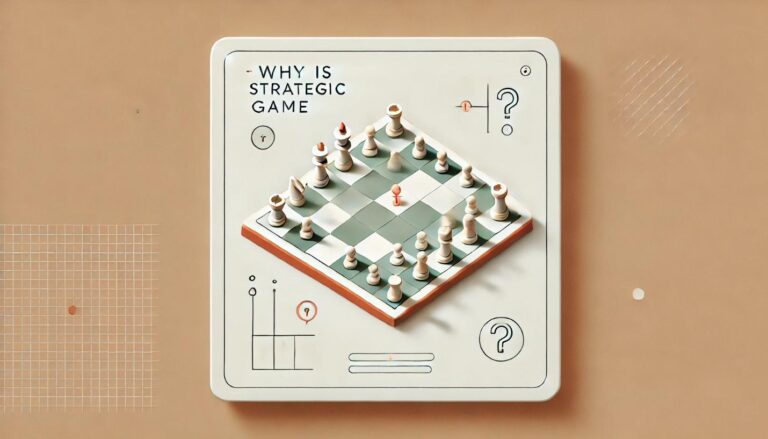Section 1: Introduction to Chess Rating
Chess is a strategic and intellectual board game that has been played for centuries. It involves two players facing each other, each controlling a set of 16 pieces on a board with the goal of capturing the opponent´s king. With the rise of technology, chess has become a popular online game, with millions of players competing against each other from different parts of the world.
Section 2: Understanding the Elo Rating System
The Elo rating system is a mathematical method of calculating the skill level of a player in competitive games. The basic premise of this system is that the higher rated player is expected to win against a lower rated player. The Elo system assigns a numerical rating to each player, with the higher number indicating a higher skill level. The rating of a player can change depending on the outcome of their games against other players.
Section 3: Factors Affecting Chess Rating
While the Elo rating system is a standardized method of calculating a player´s skill level, there are some factors that can affect a player´s rating. These factors are not explicitly considered in the calculation but can have an impact on a player´s performance and, therefore, their rating. Some of the factors that can affect a player´s rating are:
The type of tournament a player participates in can affect their rating. Tournaments with a higher number of participants are generally considered more competitive, and a win in such a tournament will result in a higher rating gain. On the other hand, smaller tournaments with fewer participants may have a lower impact on a player´s rating.
The frequency of games played can also affect a player´s rating. Players who play more games have a better chance of gaining more rating points as their performance is more accurately reflected. On the other hand, players who play fewer games may have a less accurate rating, as it is based on a smaller sample size.
Time control refers to the amount of time a player has to make their moves during a game. In chess, there are different time controls, such as blitz, rapid, and classical, with varying time limits for each move. A player´s rating may be affected by their preferred time control. For example, a player who excels in blitz games may not perform as well in classical games, which could result in a difference in their ratings.
The environment in which a player competes can also have an impact on their rating. Playing in a high-pressure or unfamiliar environment, such as playing in a different country or against a stronger opponent, can affect a player´s performance and, in turn, their rating.
In chess, players have the opportunity to choose from a wide variety of game openings. The choice of opening can significantly impact the course of the game and a player´s performance. Players who are familiar with certain openings may perform better in those games, resulting in fluctuations in their rating.
Section 4: Importance of Chess Rating
Chess rating is an essential aspect of the chess world, and it holds a lot of significance for players, coaches, and organizers. Some of the reasons why chess rating is important are:
One of the primary reasons for having a chess rating is to determine the skill level of players. A higher rating indicates a higher skill level and vice versa. This information is helpful in organizing tournaments and pairing players of similar skill levels against each other.
Chess rating also serves as a measure of a player´s improvement. By keeping track of their rating over time, players can see how their skills have progressed and identify areas for improvement.
In most chess tournaments, players are required to have a minimum rating in order to participate. This rating threshold ensures that the players are of a certain skill level, making the competition more fair and challenging.
In addition to tournaments, chess ratings are also used to determine which players qualify for national and international championships. Having a high rating can open up opportunities for players to compete in prestigious tournaments and represent their country.
Lastly, chess ratings hold a significant amount of admiration and respect within the chess community. Players with higher ratings are often viewed as more skilled and experienced, and their rating can have an impact on their reputation in the chess world.
Section 5: Conclusion
Chess rating is a crucial element in the chess world, providing a standardized measurement of a player´s skill level. The Elo rating system has been an integral part of chess for decades, and it continues to be the most widely used rating system in the game. By understanding the factors that can affect a player´s rating and the importance of ratings in the chess community, players can use their ratings to track their progress, set goals, and improve their skills.

